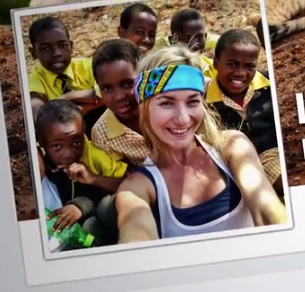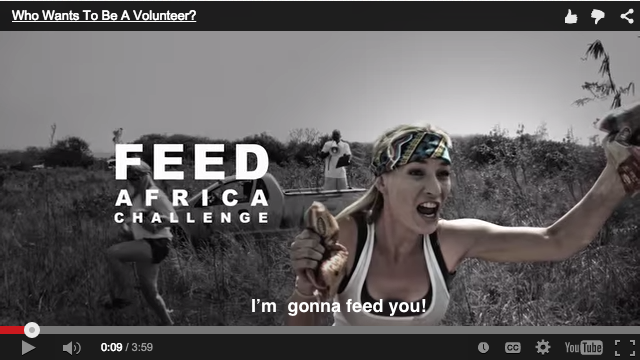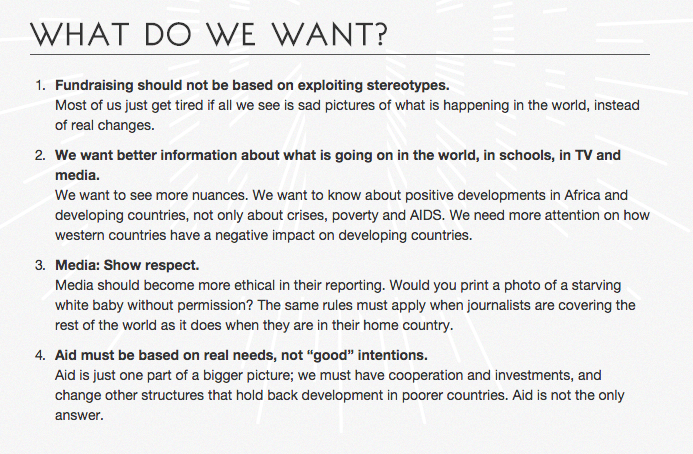How many of you have heard of the Norway based aid group SAIH – The Norwegian Students’ and Academics’ International Assistance Fund?
As an organization they help support 40 local organizations in six countries in Latin America and southern Africa.
However, you’re more likely to recognize SAIH as the group behind the Rusty Radiator awards, and many of you are also likely familiar with their spin-off org Radi-Aid’s satirical videos such as “Africa for Norway.” Never seen it? You should check it out. Then take a minute to scroll through the comment section on YouTube (risky business, as always.) Reactions can generally be categorized in one of two ways:
First, there’s humor. People recognize the simple truth behind these videos: stereotypes harm dignity. Plus, the self-ironic, satirical, and overdramatized style of the films makes them funny. So why not laugh? (Really, they are pretty funny.)
Well, sometime’s it’s hard to laugh when you are the object of satire. That doesn’t necessarily feel great, especially when you’ve put so much into trying to help.
[It’s easy to not try, and fail – then you just don’t care. But to work hard, and then be told that your efforts are seriously flawed? That hurts.]
And so, not surprisingly, this was the second reaction: hurt. Several viewers angrily responded by throwing their hands up in the air: “Well fine! I just won’t sponsor those kids any more!” (One of the milder responses.)
I think that anybody involved in aid work who is also a part of the conversation on foreign aid’s shortcomings probably feels a little bit of both, humor and hurt. Despite all of the effort, it feels like you just can’t win.
Systemically it’s easy to see how, overall, the mechanisms of direct-aid harm communities; how “helping hurts”, and how what began as good intentions cause dependency.
Furthermore, it’s easy to analyze a system to say “this system is broken, and these changes should be made.” With a system we can be logical, calculated, and removed. It’s a lot harder (and arguably inappropriate?) to treat people the same way.
Is there any question then as to why the system is still broken?
The system is a system made up of people. So why doesn’t the system work? Because pride gets in the way. Because greed – yes. Because ideologies and trust don’t evolve overnight. Because everything is a pile of spaghetti and by pulling on one noodle, you unintentionally move 10 others; what helps here hurts there. And finally, because the number of people caught up in the mechanism of foreign aid are too many to leave behind in the name of instantaneous change, and so change on the ground is necessarily delayed from change in philosophical circles.
Unfortunately, when it comes to Radi-Aid’s videos, we can’t just laugh them off; but we also shouldn’t succumb to our hurt-feelings. We have to pick up the conversation where the videos leave off.
[See Radi-Aid’s list of demands below – I think they’re the kind of changes we can implement right away.]
Systems are frustrating, there’s no doubt, but we keep going and we change what we can. Changing the way we handle stereotypes is a good start, both individually and in the organizations where we work.
Individually, overcoming stereotypes changes the way we approach the people in the communities where we work; it means that we see them as innately capable, intellectually competitive partners, and we recognize that under-resourced does not mean inept.
As an organization, it means changing the way we portray underprivileged people in our fundraising campaigns and media. It means that we show our supporters progress and the resources our partners possess, instead of constantly bombarding them with images of dependency, and everything that we perceive to be wrong in an area.
Let’s start there, let’s hold each other accountable, and let’s continue the conversation.
What changes are you ready to make?
Kenbe la zanmi m!
Another funny / maybe not quite so funny / will probably make you laugh video below:
by Erin Nguyen on April 16, 2015



